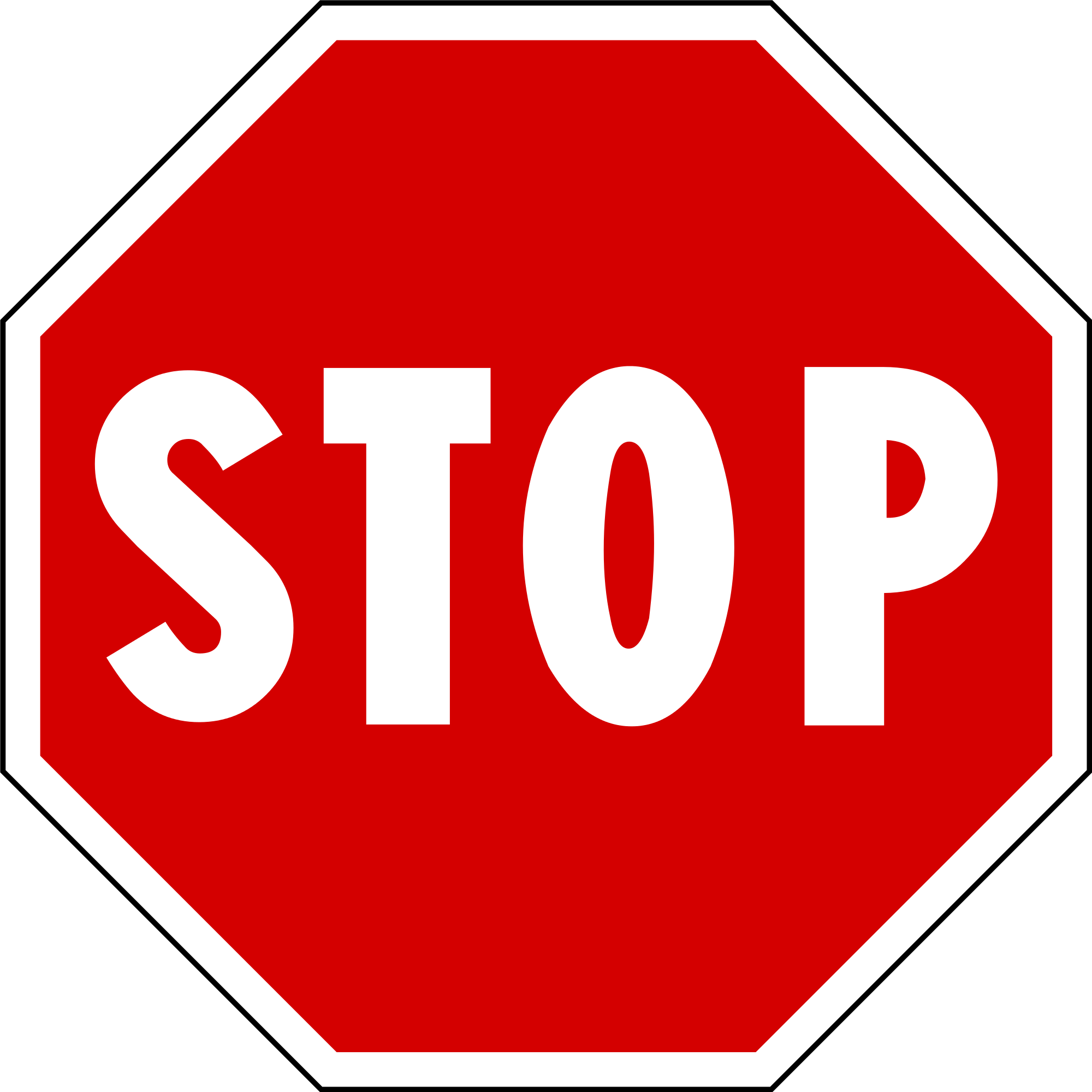October 2019 Blog: NHS Community Pharmacist Consultation Service (CPCS)
NHS Community Pharmacist Consultation Service (CPCS)
The NHS Community Pharmacist Consultation Service (CPCS) will launch on 29th October 2019 as an Advanced Service and is a key element of the new Community Pharmacy Contractual Framework (CPCF). The service, which will replace the NUMSAS and DMIRS pilots, will connect patients who have a minor illness or need an urgent supply of a medicine with a community pharmacy
This is the first clinical service to be mobilised under the CPCF and will set the foundation for more services in the future. As you all know – good engagement and professional delivery by as many contractors as possible will be key to its success. N.B. The NUMSAS and DMIRs pilots will end on 28/10/19 and the new service will start the next day with referrals to pharmacies from NHS 111.
The intention is that CPCS frees up capacity in areas of the urgent care system including A&E and GP practices. This will help to integrate community pharmacy into these systems, support self-care and increase the awareness of community pharmacy as a convenient/accessible “first port of call’ for low acuity conditions and also for medicines access and advice.
In order to sign up for CPCS you have to register with the NHS BSA using the Manage Your Service (MYS) portal. Around 85% of Derbyshire contractors are already registered with the MYS, but those not yet signed up to the portal need to act quickly, because it can take 8 working days or so to process your registration.
It will take time to process your CPCS application; so the sooner this is done the better. You will need to complete a declaration confirming that you have read the service specification, will comply with its requirements and deal appropriately with referrals. Multiple pharmacy contractors that would like to register more than one pharmacy to provide the service can email the NHSBSA MYS team (mys@nhs.net) to discuss how to bulk register pharmacies. In addition, there will be an opportunity to claim a transition payment supplement to help you set up for delivering the service – £900 if signed up by 1st December 2019 or £600 if signed up by 15th January 2020.
The service has a nationally agreed specification, which means a consistent approach with no local restrictions or ‘tweaking’. The NUMSAS and DMIRs pilots informed the development of the service, but changes have been made to make the new service easier to deliver. It should be noted that when you sign up to deliver CPCS you are agreeing to deliver both elements of the service (i.e. Urgent Medicine Supply and Minor Illness consultations) throughout your opening hours.
Once you have made your declaration the local Directory of Service (DoS) team will be informed and will activate you on the system. DoS is a web-based database of service providers and integrates with NHS care pathways. NHS 111 Call Handlers are not medically trained, but use an algorithm to identify the timescales for any support and will then make a referral to an appropriate practitioner. No medication details are taken and it’s important that DoS entries are up to date with opening hours including Bank Holidays.
If a CPCS intervention is required, the call handler will offer the two closest pharmacies to the patient. For Urgent Medicines the patient will be asked to call their chosen pharmacy within 30 minutes, whilst for Minor Illness the patient will be asked to attend the pharmacy. If the pharmacy isn’t contacted the pharmacist must make at least one attempt to contact the patient (within 30 minutes for an emergency supply or 12 hours for a minor illness consultation). Therefore, it is important that providers regularly check for referrals, which will come through PharmOutcomes in Derbyshire, but could also be through NHSMail if there are problems with PharmOutcomes (unlikely). N.B. Check both when opening the pharmacy and before closing.
When the patient comes in they should be seen in the consultation room, which must be equipped with IT by 1 April 2020. The IT solution to include PharmOutcomes access and SCR access, so everything is to hand, and forms are completed contemporaneously while the patient is on the premises. It is permissible to conduct telephone interviews, but this is not ideal as being able to see the patient gives a lot more information about how ill they actually are.
No mandatory training is required to deliver the service, because the necessary knowledge and skills are core competencies for pharmacists. However, pharmacists will want to ensure that they:
- Have an up to date understanding of the Human Medicines Regulations (HMR) in relation to the emergency supply of Prescription Only Medicines;
- Are able to communicate with and advise patients appropriately and effectively on low acuity conditions;
- Are able to assess the clinical needs of patients, including the identification of Red Flags (which are detailed in NICE Clinical Knowledge Summaries);
- Are able to act on the referrals received and make appropriate referrals to other NHS services and healthcare professionals;
- And are able to explain the service to patients and carers.
To support pharmacists to deliver this service competently and confidently, CPPE have developed a Gateway page and a Self-Assessment Framework for CPCS. Completing the Self-Assessment Framework identifies any knowledge gaps and pharmacists can address these by completing relevant e-learning and/or attending a face-to-face skills day.
The fee is £14 per completed consultation and all payment claims are made through the MYS portal. Products supplied as part of the Urgent Medicines strand of CPCS will be reimbursed (from the information on PharmOutcomes), but there is no product reimbursement for the Minor Illness strand of CPCS. EPS tokens that record patient declared exemptions need to be created and sent to the NHS BSA as part of the monthly batch of prescriptions but separated and marked “CPCS”. They are only used for patient exemption accuracy checking.
Initially, it is estimated that CPCS contractors will probably only have about four consultations a month. However, there are number of pilots being conducted and this could lead to a considerable expansion of the scheme as new referral opportunities come about. The pilots are looking at referrals from GPs, NHS 111 Online, Urgent Treatment Centres and possibly A&E. If the GP referrals’ pilot is a success then there could be 20 million or more consultations every year. If this happens then community pharmacy will be much better integrated into primary care pathways and the income will help defray that lost by the discontinuation of MURs.


